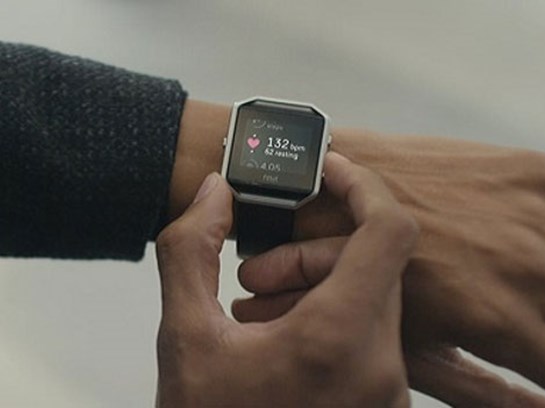
The prevention, diagnosis and cure of disease involve constant research and testing of new procedures. In the modern age, medical devices perform a critical role in the lives of millions of people across the world. They range from common items like glucose meters to the more complex, such as cochlear implants.
Clinical device trials and other technologies have been developed by manufacturers, software firms, and pharmaceutical and biotechnology companies. The increasing importance of technology in medical research means that the impact of innovative medical devices has never been more relevant. An illustration of the technology's changing characteristics is the evolution of the pacemaker. In 1932, the first artificial pacemaker was introduced which was powered by a hand-cranked motor. Today's device is not only leadless and smaller in size, but also vastly more reliable and sophisticated. The modern pacemaker makes medical procedures less invasive, eliminating potential further medical complications.
Technology is also being developed in response to people's rising health consciousness which has resulted in a growing trend to move personal care from the hospital to the home. The market for digital healthcare products, also known as wearable technology devices such as Smartwatches and Fitness trackers, has seen phenomenal growth. It has been estimated that in 2016, more than $8.1 billion was invested in the digital health industry. A wearable medical device incorporates the capabilities for monitoring body conditions remotely. Wireless data is also communicated to the user in real-time or near-real-time. The breakthrough in medical device technology over the last few decades has had a positive impact on the health of millions of people worldwide which is encouraging for insurers.
There is no question that the medical device industry has a global significance for the healthcare industry players and to the wider life-science industry. However, despite the positive effect medical devices have made, it presents medical manufacturers, hospitals and other stakeholders with challenging exposures to risk. Manufacturers of wearable devices must be aware of new risks such as data-security issues and the resulting business interruption this could cause. Improper conduct could result in reputational and financial damage due to the failure to protect the device user's data and ensuring appropriate measures to do so. As indicated by the 2017 KPMG/Forbes Insights Cyber Security Survey, the healthcare industry is one of the prime targets for hackers, potentially compromising patient privacy and safety. Over 50% of all organisations within the healthcare ecosphere rely upon cyber insurance to protect their organizations in the event of a cyber-attack.
Furthermore, the exposure of product liability is also critical to companies in the industry. Medical devices present unique issues that are distinguished from other consumer goods. For example, a defective medical device could lead to a bodily injury as a result of software related problem or a malfunction of the mechanical component of the device. This could result in a potential product liability claim against the manufacturer. This means that special attention should be made to the regulations governing the manufacturing of medical devices. For example, in the EU, a new Medical Device Regulation (MDR) entered into force in May 2017, paving the way for full implementation May 2020. The MDR aims to ensure that all medical devices are safe and perform well. However, the regulation introduces new duties and responsibilities which may have a significant impact on companies' product liability and product compliance policies.
Innovation in the healthcare industry continues to evolve, providing medical experts with opportunities to improve the quality of care delivered. But along with these opportunities come challenges which must be addressed by legislation and administrations governing the healthcare systems in countries across the globe. The market is no doubt on the precipice of change and Axco will continue to update its information on the developments of this industry.
To find out more, please contact nimmi.mathi@axcoinfo.com.
Axco is the leading supplier of global insurance market information with over 55 years’ experience in researching and publishing industry intelligence on insurance and employee benefits. Its unique business model and methods of research have enabled the development of an extensive suite of products comprising in-depth reports, focused profiles, Q&A databases, intelligent questioning tools, and email services which are delivered to every corner of the globe.